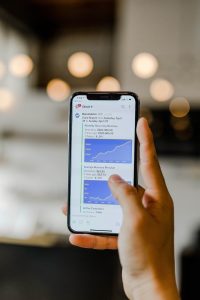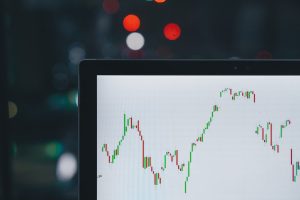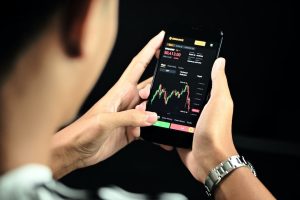Forward contracts are an essential tool for managing forex exposure. They are agreements between two parties, a buyer and a seller, to exchange a specific amount of currency at a predetermined future date and price. In other words, they are contracts that lock in a future exchange rate, allowing businesses to protect themselves against unfavorable currency movements.
Forex exposure is the risk of financial loss that businesses face due to fluctuations in exchange rates. This risk arises when companies have to make transactions in foreign currencies, either by importing or exporting goods or by conducting business operations overseas. The value of these transactions is subject to the exchange rate, which can fluctuate significantly over time. Forward contracts allow businesses to hedge against these fluctuations by locking in a future exchange rate.
The mechanics of a forward contract are relatively simple. Let’s say that a company in the United States is planning to import goods from China six months from now. The company knows that it will need to pay for these goods in Chinese yuan, but it is concerned about the potential depreciation of the yuan against the US dollar. To hedge against this risk, the company can enter into a forward contract with a bank or other financial institution.
The forward contract would specify the amount of yuan to be exchanged, the exchange rate, and the date of the exchange. For example, the company could agree to exchange $100,000 for 700,000 yuan on the date of the transaction, six months from now, at an exchange rate of 7 yuan per dollar. This means that the company has locked in a future exchange rate of 7 yuan per dollar, regardless of what happens to the exchange rate in the meantime.
If the yuan appreciates against the dollar over the next six months, the company would be protected by the forward contract. It would still need to pay 700,000 yuan for the imported goods, but it would be able to convert its dollars into yuan at the agreed-upon exchange rate of 7 yuan per dollar. If the yuan depreciates against the dollar, the company would also be protected by the forward contract. It would still need to pay 700,000 yuan for the imported goods, but it would be able to convert its dollars into yuan at the agreed-upon exchange rate of 7 yuan per dollar.
One important thing to note about forward contracts is that they are binding agreements. Once a company enters into a forward contract, it is obligated to buy or sell the specified currency at the specified exchange rate on the specified date. This means that if the company decides to cancel the contract before the transaction date, it may incur significant costs or penalties.
Another important aspect of forward contracts is that they can be customized to meet the specific needs of businesses. For example, companies can choose the amount of currency to be exchanged, the exchange rate, and the date of the exchange. This allows businesses to tailor their hedging strategies to their specific exposures and risk tolerances.
In conclusion, forward contracts are an essential tool for managing forex exposure. They allow businesses to hedge against the risk of financial loss due to fluctuations in exchange rates by locking in a future exchange rate. Forward contracts are binding agreements that can be customized to meet the specific needs of businesses. While they can be a powerful tool for managing forex exposure, they should be used with caution and with a thorough understanding of the risks involved.





